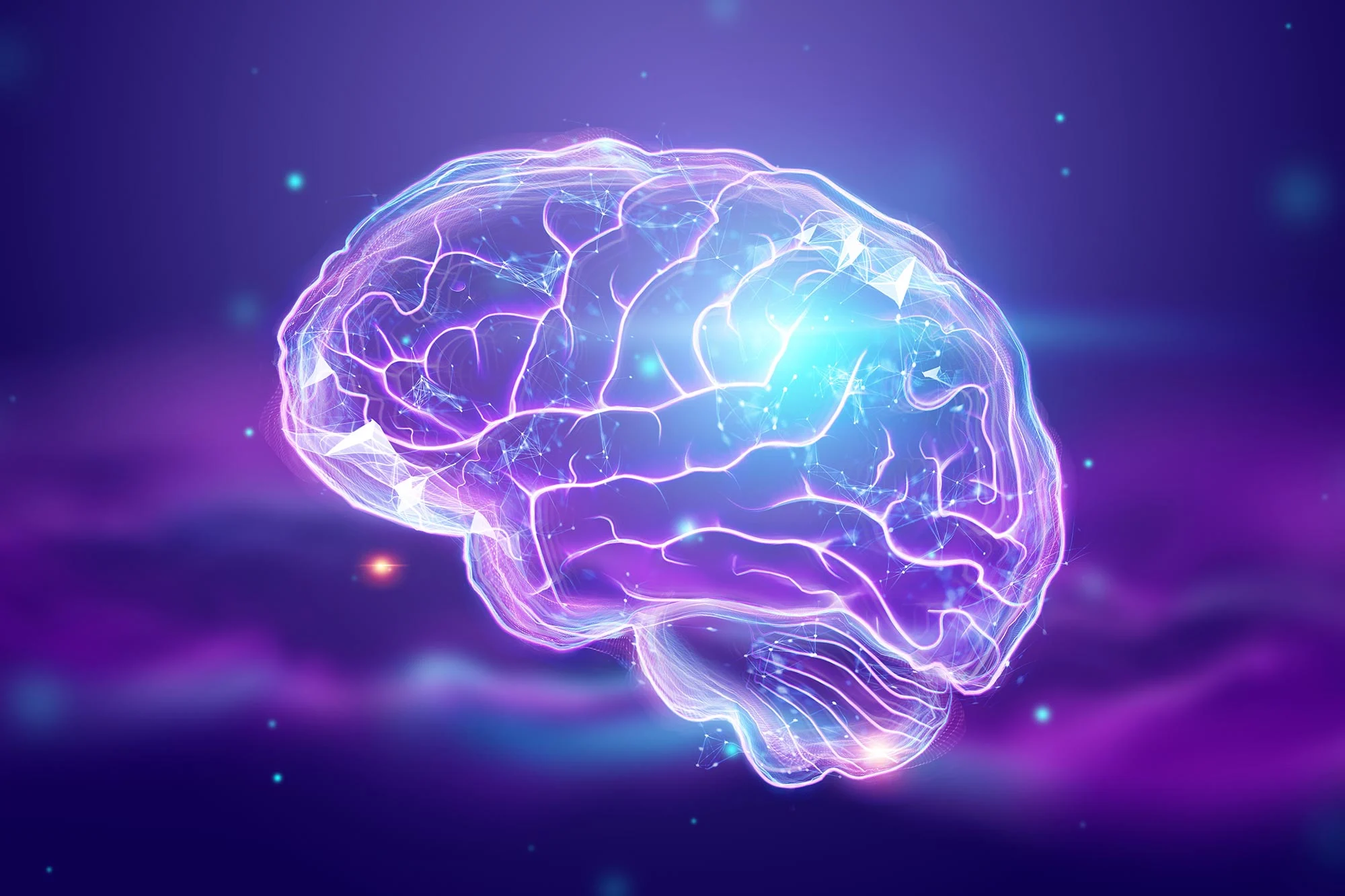What if the difference between losing your memories and keeping them sharp for decades came down to one overlooked protein?
Researchers at Rutgers University believe they may have found exactly that—a molecular “master key” called cypin that could redefine how we approach brain health, learning, and recovery after injury.
For more than two decades, neuroscientist Bonnie Firestein has been obsessed with this underappreciated protein. Her team’s latest findings reveal that cypin isn’t just a passive player in the brain—it’s an active architect, organizing and protecting the molecular machinery that keeps neurons talking to each other.
Here’s how it works: at the tiny junctions where brain cells exchange signals (synapses), cypin tags certain proteins so they’re delivered to exactly the right place. This perfect placement is essential for lightning-fast, reliable communication between neurons—the foundation of memory, reasoning, and skill learning.
But cypin doesn’t stop at precision delivery. It also tamps down the brain’s protein-recycling machinery just enough to let crucial synaptic proteins accumulate. That extra stockpile means stronger, more resilient neural connections—the kind you want if you’re trying to learn a new language, recover from a concussion, or push back against the early fog of Alzheimer’s.
Even more intriguing: cypin boosts the activity of another protein, UBE4A, that enhances this tagging system. The result? A highly efficient, self-reinforcing loop that could explain why boosting cypin levels has such a dramatic effect on memory-related proteins.
This isn’t a pill you can pick up at the pharmacy—yet. But the potential is enormous. Firestein’s lab is already exploring how to translate these molecular insights into therapies for neurodegenerative diseases and traumatic brain injury. The logic is clear: if we can keep synapses healthy and flexible, we can protect the very networks that make us who we are.
It’s rare to find a single protein that touches so many aspects of brain communication. But if cypin lives up to its promise, it could become one of the most important tools in the fight to preserve and even enhance human cognition.
Related Stories:
What if the difference between losing your memories and keeping them sharp for decades came down to one overlooked protein?
Researchers at Rutgers University believe they may have found exactly that—a molecular “master key” called cypin that could redefine how we approach brain health, learning, and recovery after injury.
For more than two decades, neuroscientist Bonnie Firestein has been obsessed with this underappreciated protein. Her team’s latest findings reveal that cypin isn’t just a passive player in the brain—it’s an active architect, organizing and protecting the molecular machinery that keeps neurons talking to each other.
Here’s how it works: at the tiny junctions where brain cells exchange signals (synapses), cypin tags certain proteins so they’re delivered to exactly the right place. This perfect placement is essential for lightning-fast, reliable communication between neurons—the foundation of memory, reasoning, and skill learning.
But cypin doesn’t stop at precision delivery. It also tamps down the brain’s protein-recycling machinery just enough to let crucial synaptic proteins accumulate. That extra stockpile means stronger, more resilient neural connections—the kind you want if you’re trying to learn a new language, recover from a concussion, or push back against the early fog of Alzheimer’s.
Even more intriguing: cypin boosts the activity of another protein, UBE4A, that enhances this tagging system. The result? A highly efficient, self-reinforcing loop that could explain why boosting cypin levels has such a dramatic effect on memory-related proteins.
This isn’t a pill you can pick up at the pharmacy—yet. But the potential is enormous. Firestein’s lab is already exploring how to translate these molecular insights into therapies for neurodegenerative diseases and traumatic brain injury. The logic is clear: if we can keep synapses healthy and flexible, we can protect the very networks that make us who we are.
It’s rare to find a single protein that touches so many aspects of brain communication. But if cypin lives up to its promise, it could become one of the most important tools in the fight to preserve and even enhance human cognition.
Related Stories:
- Scientists Find Brain’s “Reset Button” for Memory Formation
- How Synaptic Plasticity Shapes Who We Are


